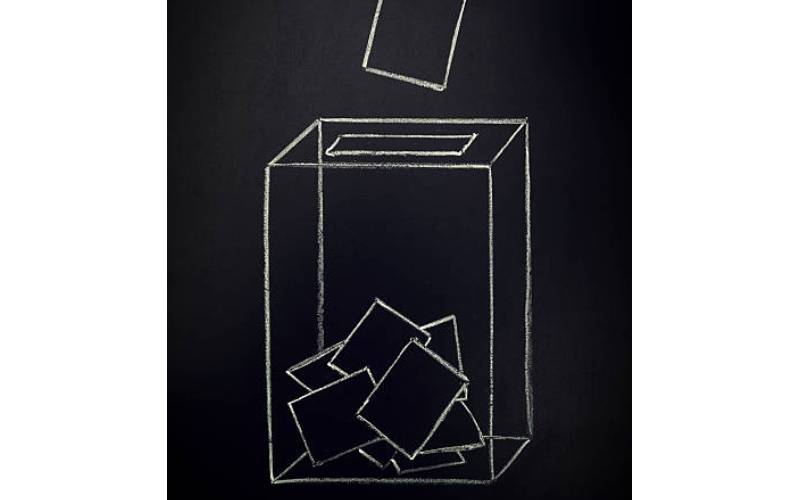
That Kenya’s democracy is slowly coming of age was evident in the just concluded primaries by the parties sponsoring the “two horses” in the August elections.
Party primaries have a bad history in Kenya. In the days of the “baba na mama” party, winning the KANU elections almost guaranteed you a seat as a Councilor or MP. Indeed, in the 1988 “mlolongo elections”, dubbed by its supporters “open-air democracy”, winning the KANU nominations by 70 per cent meant that by law, general elections were not held in that constituency, you were deemed elected unopposed.